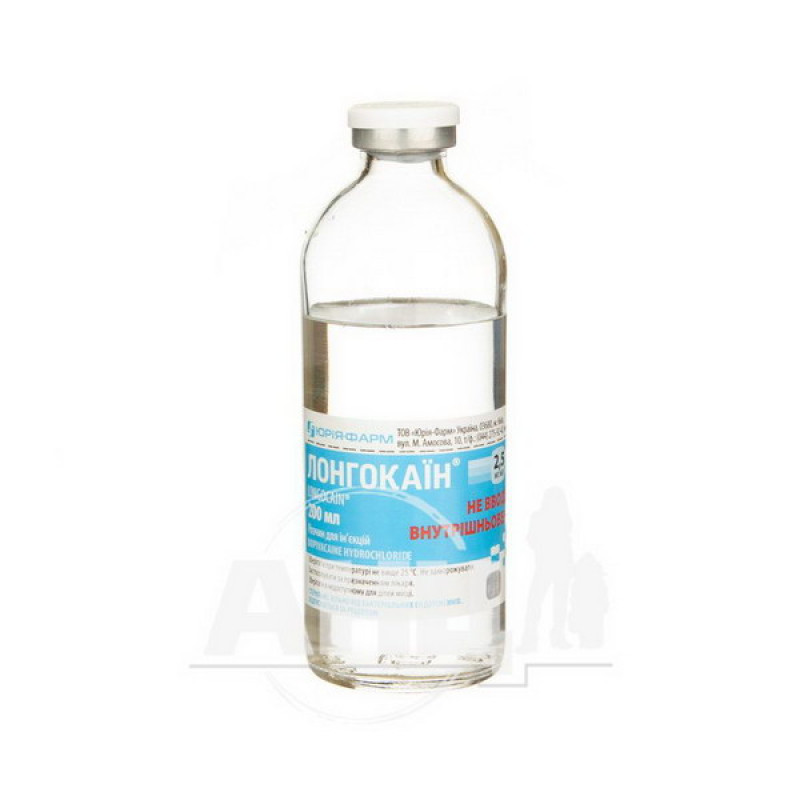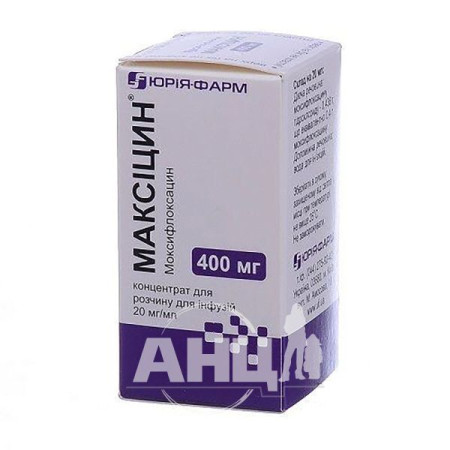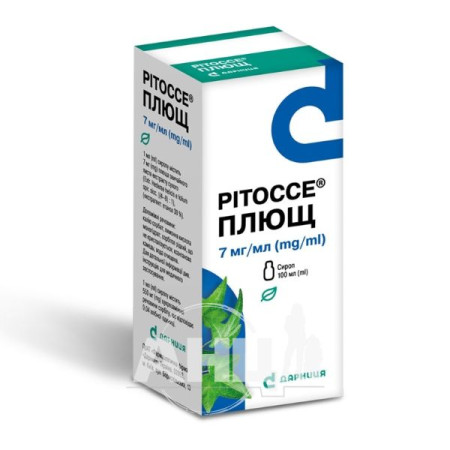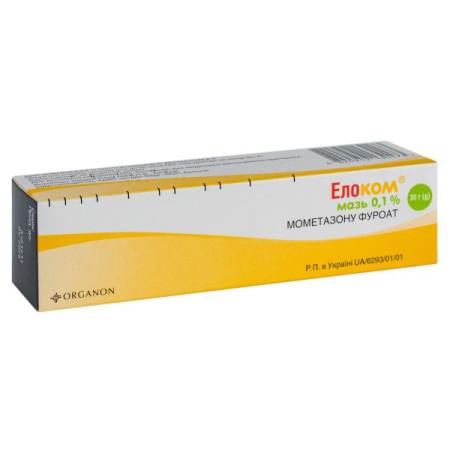Longocaine solution for injection 2.5 mg/ml bottle 200 ml

Longocaine is prescribed for:
surgical anesthesia in adults and children over 12 years of age; relief of acute pain syndrome in adults, infants and children over 1 year of age.Composition
Active ingredient: bupivacaine;
1 ml of solution contains bupivacaine hydrochloride anhydrous 2.5 mg;
Excipients: sodium chloride, water for injections.
Contraindication
Hypersensitivity to amide-type local anesthetics or to any of the other ingredients of the drug. Bupivacaine should not be used for intravenous regional anesthesia (Bieri block). Bupivacaine should not be used for epidural anesthesia in patients with severe hypotension, for example, in the case of cardiogenic or hypovolemic shock. Epidural anesthesia, regardless of the local anesthetic used, has its own contraindications, which include: diseases of the nervous system in the active stage, such as meningitis, poliomyelitis, intracranial hemorrhage, subacute combined degeneration of the spinal cord due to pernicious anemia and tumors of the brain and spinal cord; tuberculosis of the spine; purulent skin infection at or near the site of the lumbar puncture; blood clotting disorders or current treatment with anticoagulants.Method of application
The drug should be administered by a physician experienced in regional anesthesia or under his supervision. Small doses should be used to achieve a sufficient degree of anesthesia.
Application features
Pregnant women
Should not be used in early pregnancy unless the benefits are considered to outweigh the risks.
Children
Use for anesthesia in children aged 1 year and older as directed.
Drivers
With caution.
Overdose
Accidental intravascular injections of local anesthetics can cause immediate (seconds to minutes) systemic toxic reactions. In case of overdose, systemic toxicity occurs later (15-60 minutes after injection) due to the slower increase in blood concentrations of the local anesthetic.
Side effects
Adverse reactions caused by the drug itself are difficult to distinguish from the physiological effects of nerve fiber blockade (e.g., decreased blood pressure, bradycardia), as well as phenomena caused directly (e.g., nerve injury) or indirectly (e.g., epidural abscess) by needle puncture.
Interaction
Caution should be exercised when using bupivacaine with drugs structurally similar to local anesthetics, such as class IC antiarrhythmics, as their toxic effects are additive.
Specific interaction studies between local anesthetics and class III antiarrhythmics (e.g. amiodarone) have not been performed, but caution is advised in this case.
Storage conditions
Store at a temperature not exceeding 25 °C.
Do not freeze. Keep out of reach of children.
Shelf life - 2 years.
There are no reviews for this product.
There are no reviews for this product, be the first to leave your review.
No questions about this product, be the first and ask your question.













